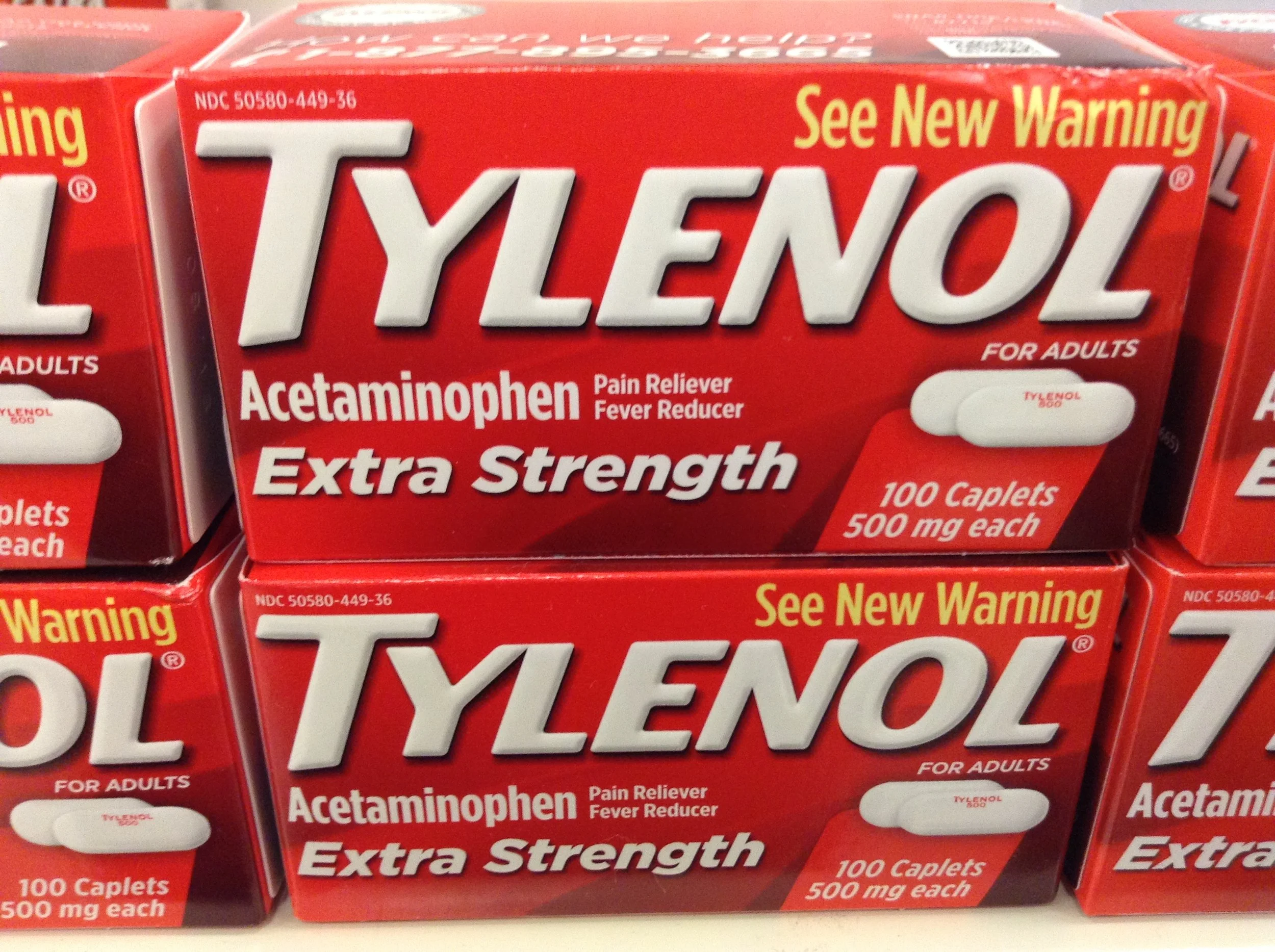President Donald Trump is Misinforming America about “Aceta– well, let’s see how we say that… Acetam— anopin. Acetaminophen”
Makers of Tylenol, Kevnue, have said the President's claims are not backed by "sound science." Photo by Mike Mozart via Flickr
Thousands gathered in the dry heat of Glendale, Arizona, for the memorial service of conservative influencer Charlie Kirk. President Donald Trump, invited to speak at the event, walked out to sparklers and rapturous applause. With the nation concerned about the growing threat of political violence, how would our president respond?
“I think we found an answer to autism,” he said.
And thus began a weekend of waiting – for an official announcement that could prove the medical breakthrough of the decade, even century. And then, late in the evening on Sept. 22, the White House lights turned on, the camera crews got set and the action was ready to unfold. Trump, accompanied by Robert F. Kennedy Jr. and Dr. Mehmet Oz – a trio that already had doctors bracing for impact – was ready to break the news.
“So… uh… Tylenol is uhhhhhh… not good,” he said.
It only took mere seconds for Trump to embarrassingly stumble over his words, butchering Tylenol’s medical name, acetaminophen, needing to sound it out before double-checking with Kennedy to see if he got it right. He then proceeded to claim that pregnant women taking Tylenol can lead to an increase in the birth of autistic children.
“Don’t take it, don’t take it,” said Trump. “Fight like hell to not take it.”
Per the president’s orders, the physician's warning on the box of the commonly used medicine will be updated by the Food and Drug Administration (FDA). Many members, especially from the scientific community, have accused the president of spreading misinformation, including those who worked on the very study he cited.
Let’s be clear here. There is a study that talks about acetaminophen and autism, but the Trump administration is misinterpreting the study’s findings.
A meta-analysis from the Harvard T.H. Chan School of Public Health published last month looked into the relationship between neurological disorders and the amount of acetaminophen. The study recommended, “Judicious acetaminophen use—lowest effective dose, shortest duration—under medical guidance, tailored to individual risk-benefit assessments, rather than a broad limitation.” Notice how it does not say, “Fight like hell to not take it.”
But if it increases the risk for autism, however small, why not avoid it entirely? Even the president said that there’s “no downside to not taking it.”
Well, Tylenol is the only approved medication to reduce pain and fever for pregnant women, and high fevers raise the risk of neural tube defects and premature births. Acknowledging the damage fevers can cause a fetus, the study advocates for more caution surrounding dosages, not quitting cold turkey. Advocating for mothers to tough out pregnancy can have serious consequences for both the mother and the fetus.
The authors of this study even admitted they do not encourage women to stop taking the drug and have refuted Trump’s advice.
His announcement also ignores all the previous literature on autism. A mountain of evidence, dating back to Hans Asperger in the early 1940s, supports the belief that autism is to some degree inherited. While acetaminophen was discovered before this, it was not easily accessible until the mid-1950s, which is also when Tylenol was introduced.
To Trump, the so-called “autism epidemic”—a sharp increase in cases in the past 30 years—represents something “artificial” is behind it. Others attribute it to a better understanding of autism, a broadening of diagnostic criteria, and greater access to diagnostic resources.
This may be hard for Trump to understand; he is the man who said we could lower our COVID-19 cases by simply not testing. The same logic as combating house fires by removing smoke alarms or “solving” hunger by cancelling the food insecurity report.
This study does not recommend avoiding using Tylenol, it does not claim Tylenol is the root cause of autism and it may not even hold up to future studies. More research is needed before we jump to conclusions about “aceta – well, let’s see how we say that… acetam — anopin. Acetaminophen.”
